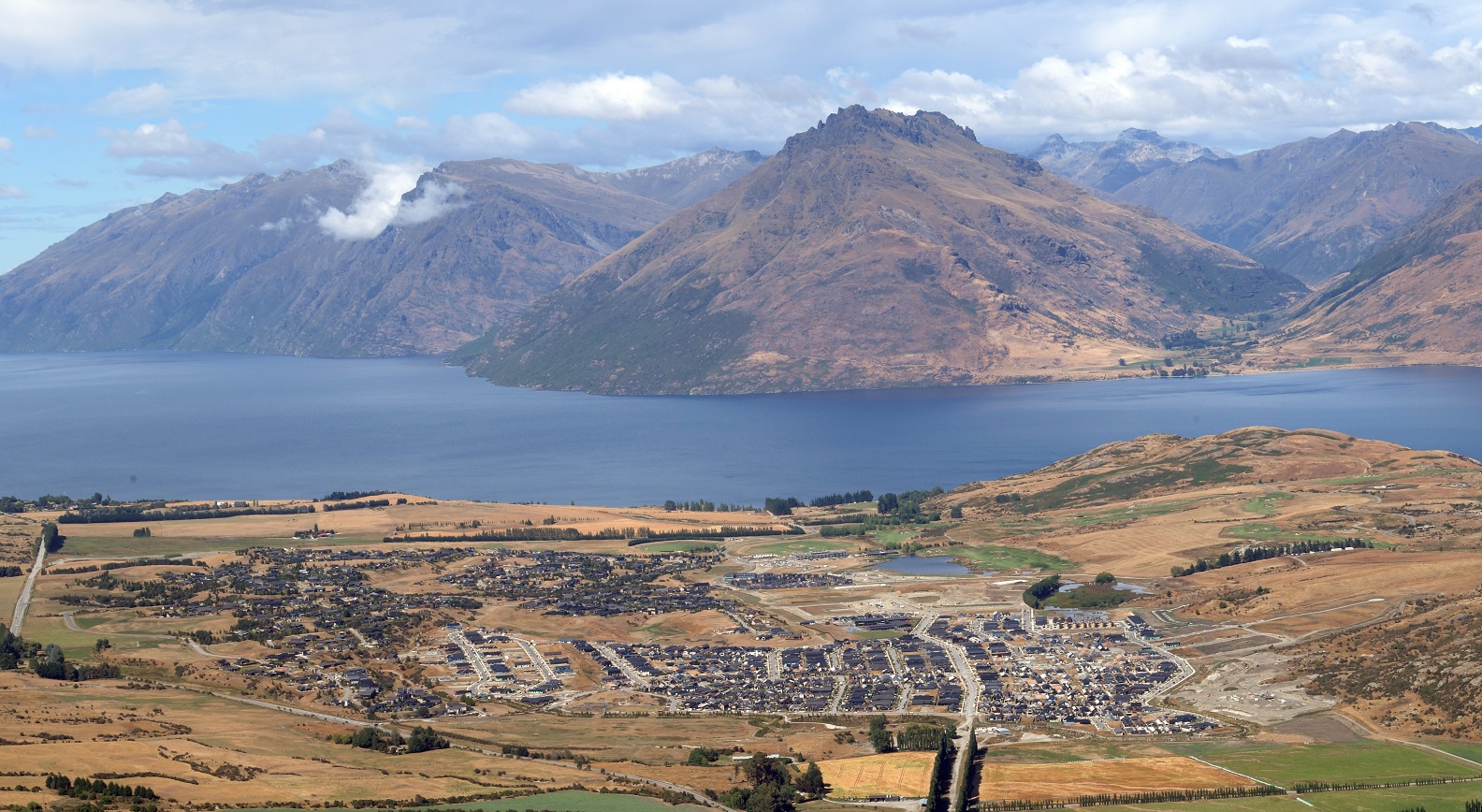
Hence, let us go back a few weeks to the heady days of the 53rd Parliament and the doings of its petitions select committee which, just before the House adjourned for the election, issued a report of considerable interest to those of us in the South.
Readers with long memories may recall that, in March, Southern Say briefly mentioned that Southland National MP Joseph Mooney had presented the petition of Queenstown man Andrew Wilson to Parliament.

In his role, among other things, Mr Wilson tries to find homes for those struggling to find affordable accommodation — which in Queenstown, thanks to its high rents and, for most, exorbitant cost of housing, is more than a little difficult.
Now the government has thought of this and created the accommodation supplement, an allowance available for qualifying applicants to help cover the cost of housing.
But, and it’s a big but, eligibility for the supplement is determined, in part, by using land use data compiled by Statistics New Zealand.
It’s a touch more complex than this but, essentially, if you live in an area zoned rural — where housing costs are usually cheaper — the supplement is lower than in areas zoned urban, where rents are often higher.
So far, so good.
But, and here’s an even bigger but, in 2017 Stats NZ compiled its eligibility rules for Queenstown using land use information which dated back to 1992.
In 1992, some parts of what is now highly suburban Queenstown — and the heaving outskirts of Wānaka for that matter — were farmland, with rabbit populations in the thousands and human populations in the dozens.
These days the pet rabbits are in the dozens and there are thousands of houses on land which, by law, Stats NZ has to treat as paradise even though someone has paved it and put up a parking lot.
After wrestling with this inequity for years, Mr Wilson finally snapped and decided to petition Parliament.
His timing was impeccable. Queenstown was feeling the squeeze of a major housing crisis and both its civic and parliamentary politicians were sympathetic to Mr Wilson’s call. It also did no harm at all that Allied Press publication Mountain Scene put its heft behind the campaign to have the law reviewed.
Changing the law in this respect seems inarguable. The Ministry of Social Development did not even try to propose a counter argument, saying in its submission to the petitions select committee that whole urban areas were no longer captured by the urban rate of the accommodation supplement and that meant many people were not receiving the payment at the appropriate rate.
In the past — and quite often in the present for that matter — select committees generally thanked the petitioner, noted the petition for Parliament’s consideration, and then tumbleweeds ensued.
But not this time. In its report the petitions committee quite emphatically said that it was surprised that MSD was obliged to use outdated data and agreed that in this respect the law was an ass.
"The Social Security Act should be future-proofed so the accommodation supplement always draws on the most up-to-date information from Statistics New Zealand," its report said.
"We wish to see urgent progress on this matter."
Now, it is a long-standing convention that past Parliaments cannot bind future Parliaments to a certain course of action, so in theory the committee’s plea for urgency could have fallen on deaf ears.
Except, coincidentally enough, a week later, the finance spokespeople for National, Act New Zealand, Labour and the Greens were in, of all places, Queenstown, for a debate held in the resort during every election campaign.
And not at all coincidentally, one of the questions debate moderator Jack Tame put to the participants was whether they would adopt the committee’s recommendation within the first year of them forming a government.
For the purposes of this exercise, let us assume that yesterday’s figures meant that National and Act New Zealand were still in a position to form a government.
Likely finance minister Nicola Willis said her party "would look at that" and that "we will make sure that we rezone it appropriately ... and also that we make it fair and appropriate across the country and sustainable into the future".
Meanwhile, Act leader David Seymour said: "It seems fair and I think it’s the right thing to do".
Even if the politicians might have felt under a touch of duress, the good folk of Queenstown will remember those answers and expect action.
Southland is a safe National seat and has a substantial number of Act voters within its boundaries for good measure. If those parties want to keep it that way, they had better follow through on their promises.












